Morphokinetics and ploidy in human blastocysts:
biologi
Investigation subject: the relationship that may exist between different morphokinetic events and the embryos’ chromosomal status.
Objective: to establish which morphokinetic parameters are related to embryonic aneuploidy in order to improve the selection criteria and transfer the embryo with the greatest implantation capacity to the maternal uterus.
Current situation: Completed.
Location: Instituto Bernabeu Alicante.
Coordinated by: Dr Jorge Ten and Marta Arrasate (student at the Master of Reproduction Medicine)
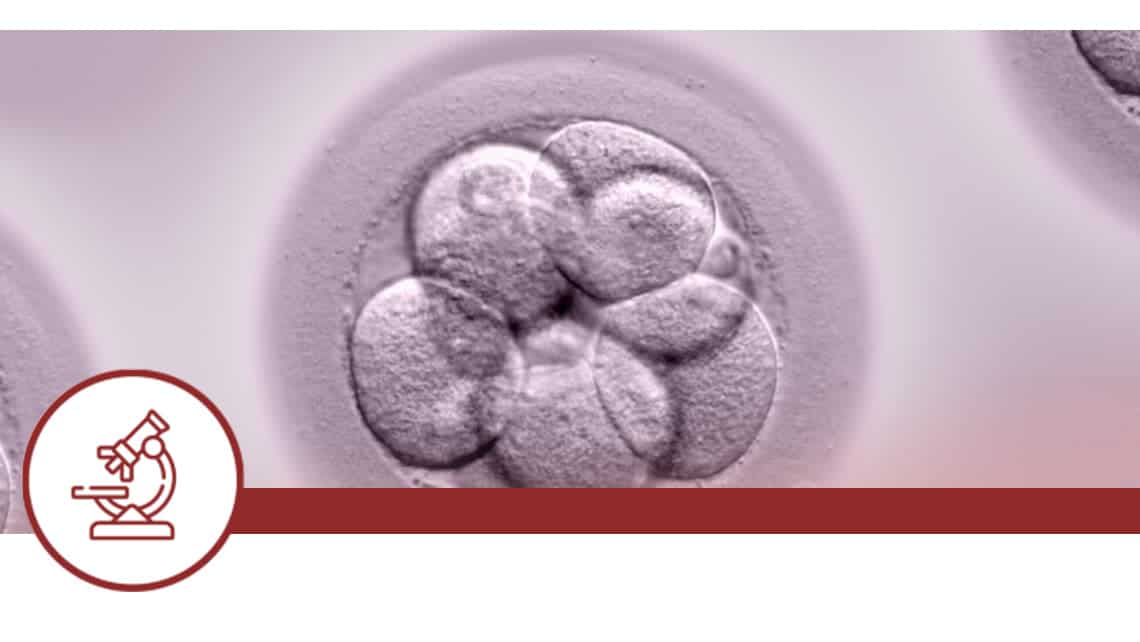
Morphokinetics and ploidy in human blastocysts
Investigation subject: the relationship that may exist between different morphokinetic events and the embryos’ chromosomal status.
Objective: to establish which morphokinetic parameters are related to embryonic aneuploidy in order to improve the selection criteria and transfer the embryo with the greatest implantation capacity to the maternal uterus.
Current situation: Completed.
Location: Instituto Bernabeu Alicante.
Coordinated by: Dr Jorge Ten and Marta Arrasate (student at the Master of Reproduction Medicine)
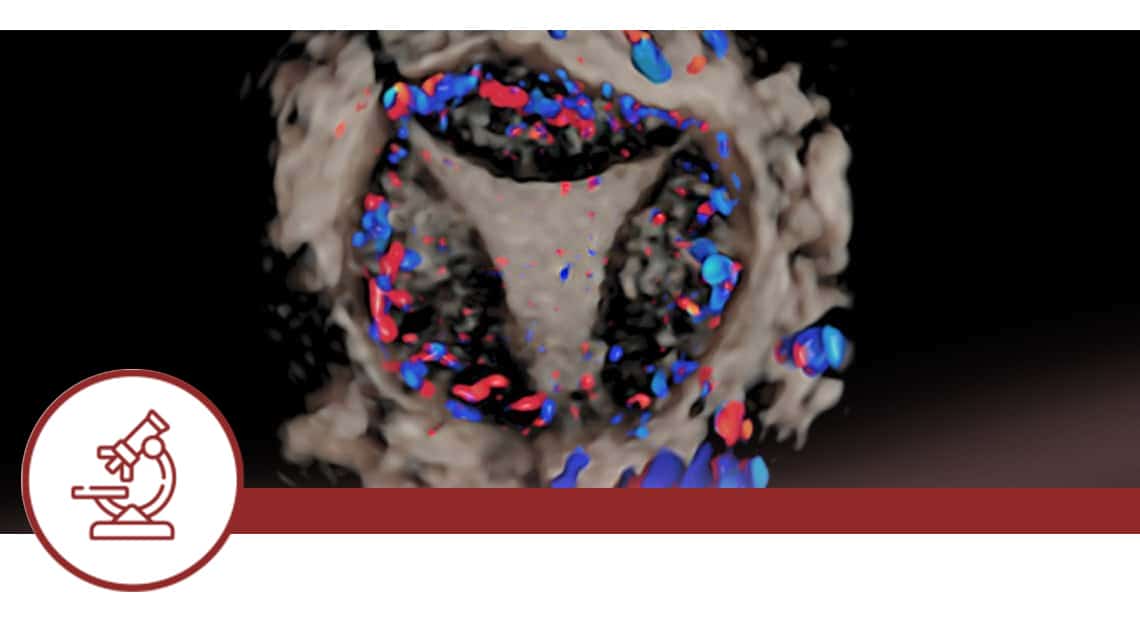
Investigation subject: a retrospective evaluation On what type of endometrial medical preparation (natural or artificial) provides the best clinical results for patients undergoing cryotransfer has been made.
Objective: to learn what type of endometrial preparation (natural or artificial) is the most appropriate and which one gives best results, depending on some important parameters such as the oocyte origin (own or donated) and the performance of pre-implantation genetic diagnosis for the detection ofaneuploidy.
Current situation: Completed.
Location: multicentre project of all Instituto Bernabeu clinics.
Coordinated by: Dr Jorge Ten, Jaime Guerrero and Esther Abellán (student at Master in Reproductive Medicine).
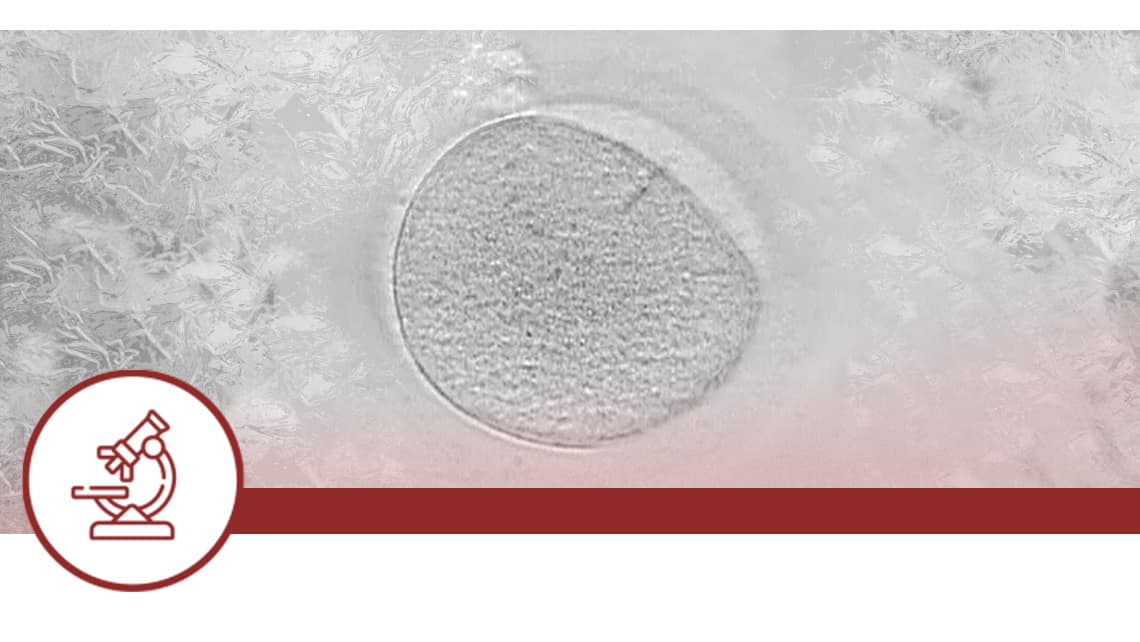
Effect of pre-vitrification embryo collapse on clinical outcomes after cryotransfer
Investigation subject: blastocysts collapse by applying a laser pulse improves embryo survival outcomes after vitrification and thawing and could also increase clinical outcomes.
Objective: to test whether laser-mediated blastocyst collapse has a beneficial effect on clinical outcomes in patients undergoing cryotransfer.
Current situation: study completed. Pending completion of clinical results up to live birth.
Location: multicentre project of all the Instituto Bernabeu clinics.
Coordinated by: Dr Jorge Ten and Alba Bellón (student at Master in Reproductive Medicine).
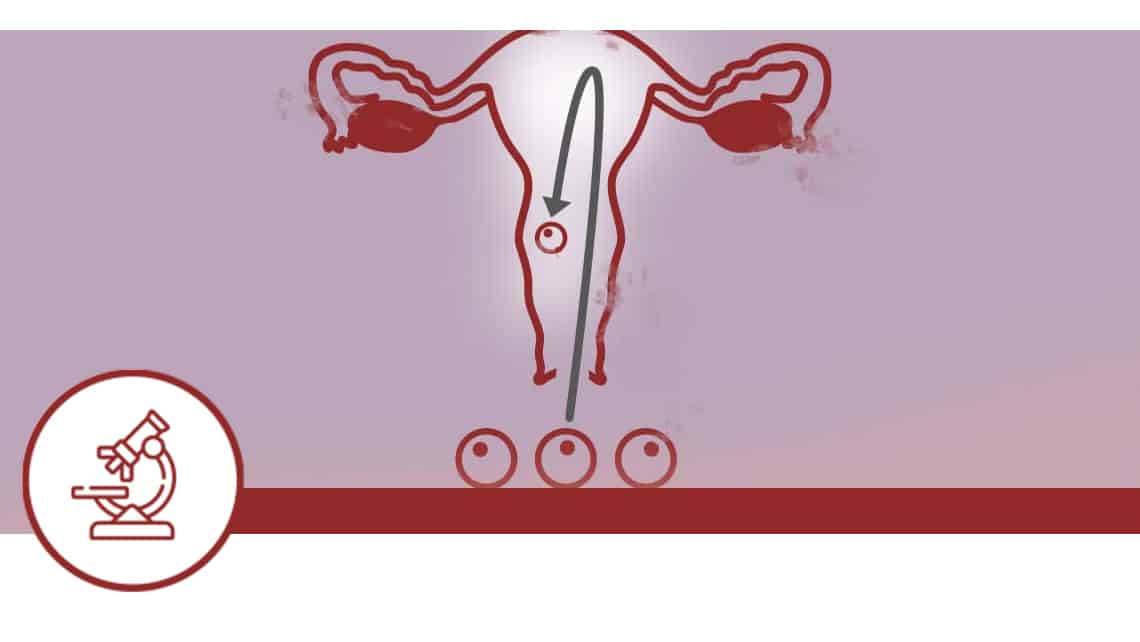
Double Donation Pregnancy Guarantee Evaluation Project
Investigation subject: Recurrent implantation failure represents a major cause of infertility difficult to explain, defined as the failure to establish a viable pregnancy after successive IVF treatments. It’s estimated that between 10% and 15% of women undergoing assisted reproduction treatments experience this type of problem. There’re many possible causes, including uterine, immunological, genetic and other factors. The woman, the male and the embryo are the three main actors in this situation, with the embryonic factor probably being the one most frequent behind these cases.
Objective: The main objective is to evaluate the prevalence of patients with implantation failure casuistry based on an ideal population, within a double gamete donation programme, thus mitigating the possible biases associated with the embryo factor.
Current situation: Basadate
Location: Instituto Bernabeu. Alicante.
Coordinated by: J. Guerrero, Dr J. Ortiz, Dr J. Ten, Dr R. Bernabeu.
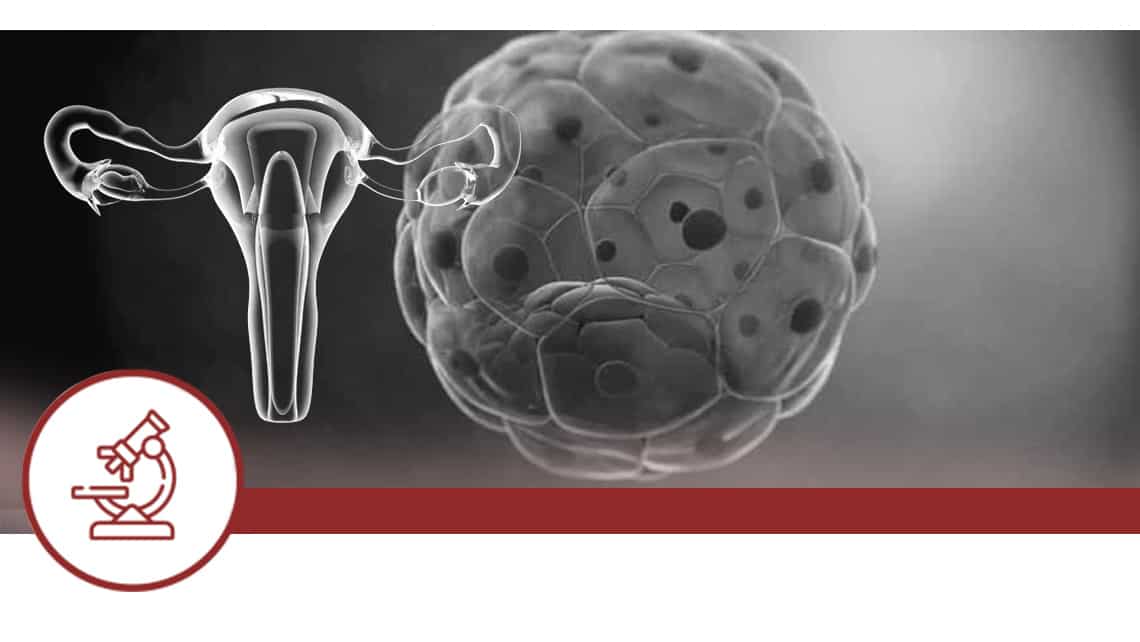
Correlation between clinical findings and embryonic chromosomal status by non-invasive analysis
Investigation subject: prospective randomised study investigating chromosomal analysis of embryos transferred into the maternal uterus using non-invasive techniques.
Objective: toestablish a correlation between the chromosomal status of the embryo transferred to the maternal uterus and its potential for implantation and evolutionary gestation.
Current situation: recruitment phase.
Location: Instituto Bernabeu Alicante.
Coordinated by: Dr Belén Lledó, Dr Dori Rodríguez, Dr Jorge Ten.
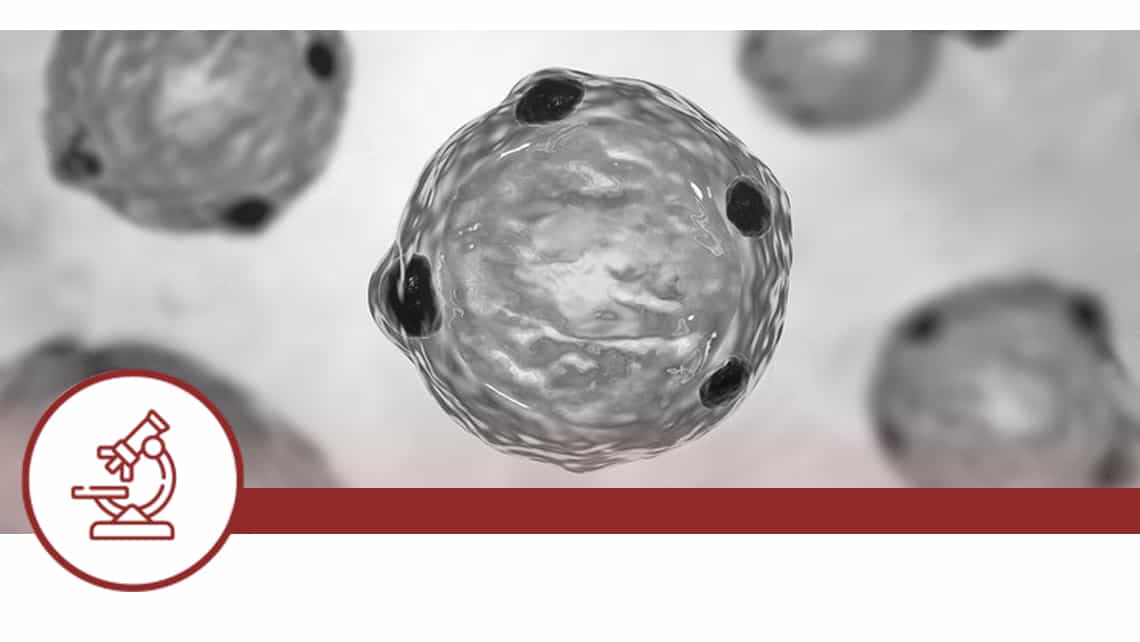
Investigation subject: whether there’re differences in the development and quality of individually and group cultured embryos.
Objective: todetermine which method of embryo culture (single or group) up to day 5 is best to achieve the highest quality and rate of blastocyst formation.
Current situation: Embryos database.
Location: IB Alicante.
Coordinated by: Miguel Herreros, Laura Martí, Nerea Díaz, María del Carmen Tió, Dr Adoración Rodríguez, Jaime Guerrero, Dr José Ortiz, Dr Jorge Ten y Dr Rafael Bernabeu.
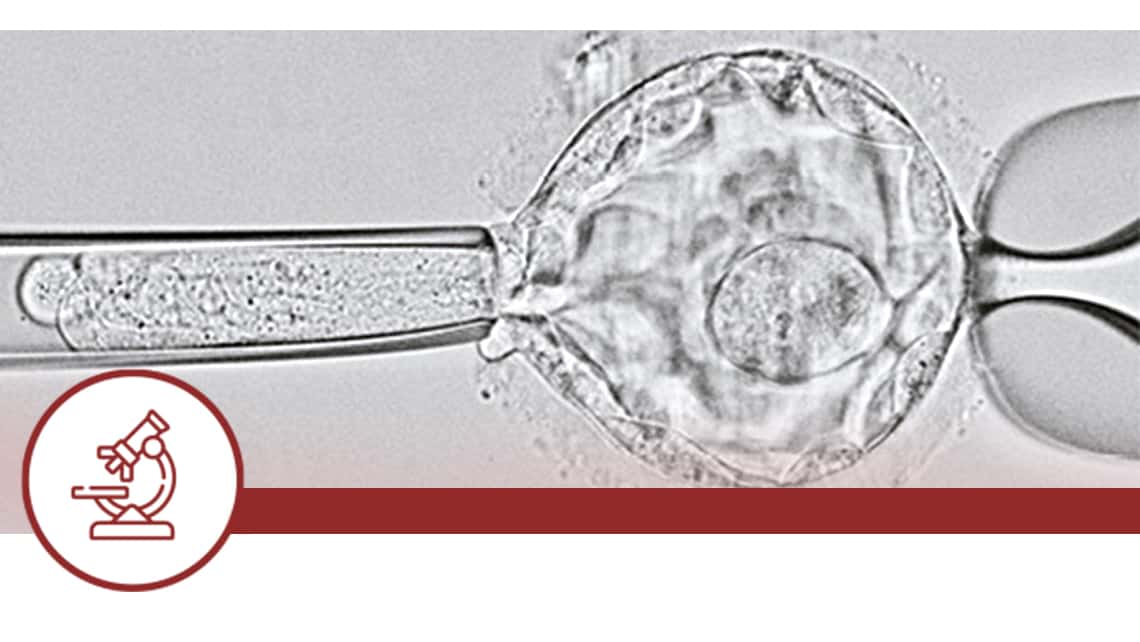
Does the trophectoderm biopsy technique affect the result of the genetic analysis in PGT-A cycles?
Investigation subject: compare significant genetic results of the biopsied embryos that could be influenced by the biopsy technique “pulling” or “flicking”, in order to choose the better.
Objective: compare the two biopsy techniques currently used in our laboratories.
Current situation: collecting last data (babies born in 2021).
Location: IB Madrid.
Coordinated by: Leyre Herrero, Laura Cascales, Mónica Aparicio, Dr Jorge Ten.